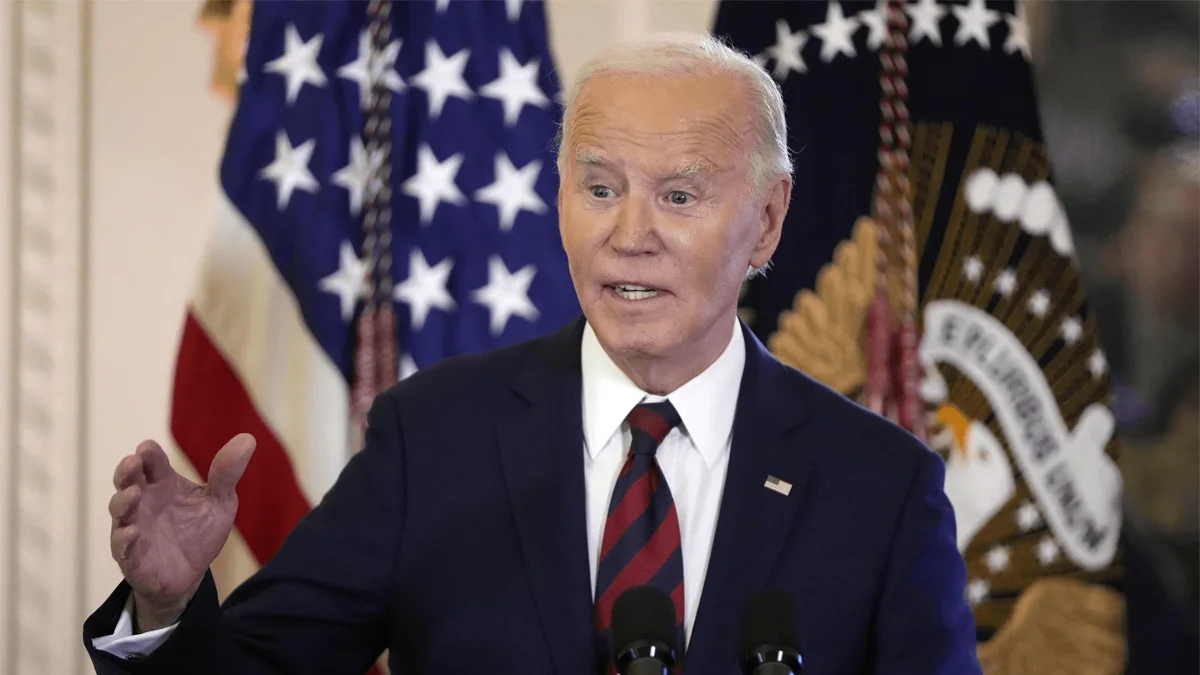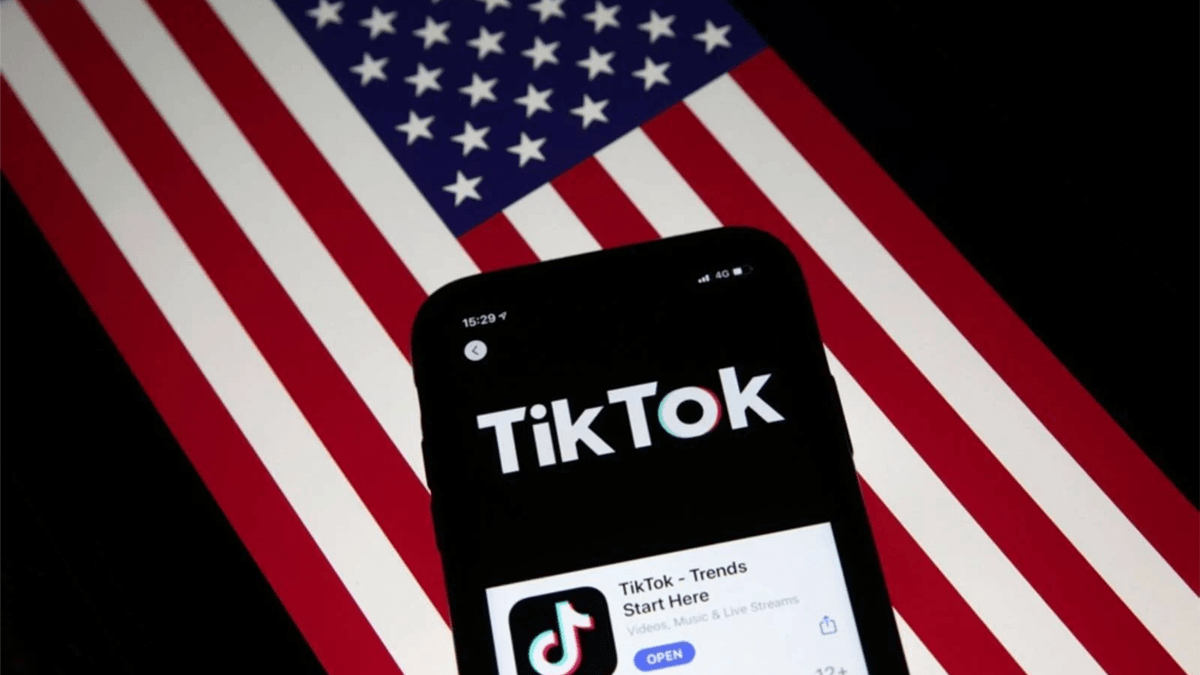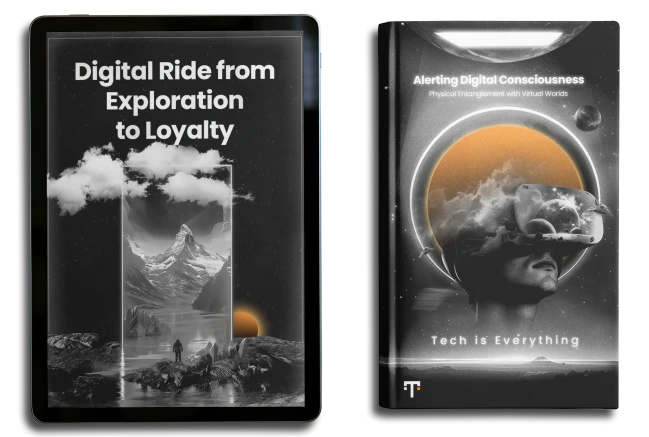
Why FTC’s Microsoft Antitrust Probe Hangs in the Balance
The Federal Trade Commission (FTC) is set to conduct sweeping antitrust investigations on tech giant, Microsoft. But according to Reuters, Microsoft’s antitrust probe hangs in the balance due to possible changes at the FTC following Donald Trump’s election win early this month.
Focus of FTC Probe
Microsoft’s AI and cloud investigation will focus on the company’s practices, including its cloud computing and software licensing units. In a letter sent to the tech giant, the FTC asked Windows maker to provide the information needed to facilitate the Microsoft antitrust investigation.
The US FTC antitrust probe will evaluate allegations that the software maker has been abusing market power in its software business. Microsoft is alleged to have imposed licensing terms that keep its customers from transferring their data from the Azure cloud service to other platforms. The US watchdog will also be investigating Microsoft’s conduct with regard to its artificial intelligence and cyber security products.
Uncertain Outcomes
Microsoft’s FTC probe into Microsoft’s operations was approved by the watchdog chairperson, Lina Khan prior to her possible departure in January 2025. However the outcome of the probe hangs in the balance.
President-elect Donald Trump is likely to appoint a Republican to head the agency upon taking office early next year. There are speculations that Trump’s softer approach towards business will likely leave outcomes of the investigation in the air.
Criticism from Rivals
Microsoft’s practices have previously been criticized by competitors. The tech giant’s rivals say Microsoft’s move to lock customers to its cloud service, Azure, affects their businesses. Last year, the FTC highlighted these complaints as it investigated the cloud computing industry.
US lobby group NetChoice criticized Microsoft’s licensing policy. NetChoice also raised concerns over Microsoft’s approach to integrating AI tools in Outlook and Office. In October 2024, Microsoft announced that businesses will be able to make their own AI agents starting this month. The company’s autonomous AI agents are part of the big tech’s broader strategy of getting a return on its AI investment. Microsoft’s AI strategy includes partnering with OpenAI.
“Given that Microsoft is the world’s largest software company, dominating in productivity and operating systems software, the scale and consequences of its licensing decisions are extraordinary,” the lobby group said.
NetChoice represents a range of online companies including Google and Amazon, which are among the biggest Microsoft rivals in the cloud computing market. In September, 2024, Google filed a complaint with the European Commission regarding Microsoft’s practices. The search giant claimed that the practices caused customers to pay up to to 400% more to continue running Windows Server on competitor cloud computing platforms. Google claimed that Microsoft later gave customers limiting security updates.






